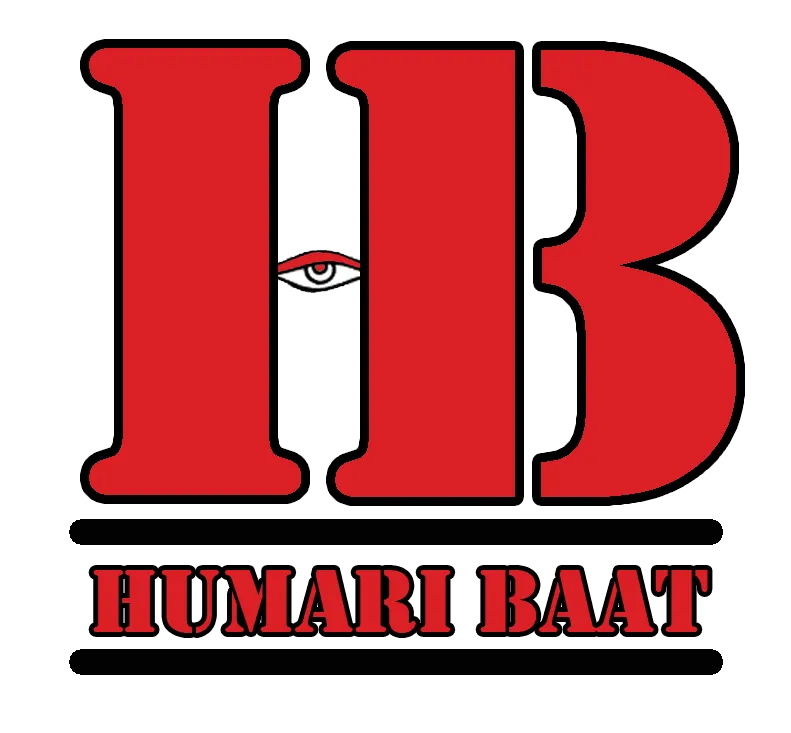Goddess Adi Shakti is source of everything. As per shaktism to whom so ever we worship, ultimately our devotion is credited to Parabrahman Parmeshwari Maa Parvati. She is also known as Aparna or dakhyani or sati, who did hard penance to get Lord Shiva as Consort whose spiritual annotation is linked with Goddess Gayatri.
Today, Humari Baat will tell you about the story of Maa Gaytri, she is the one who is source of all mantras and yogshakti.
According to Devi Bhagwat Mahapurana, one day Saraswati was late to arrive at the time when Brahma was to perform his sacrifices to Adi Shakti. Brahma became very angry because his consort’s presence was indispensable to complete the ceremonies. Brahma asked the priest to fetch him any woman and wed him to her at the spot. Just in the neighborhood was found a very lovely shepherdess. In reality she was non other than the Vedic hymn of Gayatri, who is none other then the Virath form of Maa Saraswati, incarnated in the shape of that beautiful girl. Brahma immediately married that girl and kept her as his other wife together with Saraswati. In fact, Goddess Gayatri is the expansion of maa Mahasaraswati.
The five heads of Gayatri represent the four Vedas of ancient Aryans and the remaining one represents the Almighty Lord himself. In her ten hands she holds all the symbols of Lord Vishnu including mace, lotus, axe, conch, Sudarsan, lotus, etc. One of the sacred texts explicitly reads, ‘The Gayatri is Brahma, the Gayatri is Vishnu, the Gayatri is Shiva, the Gayatri is Vedas”.
All sects of Hindus accept the importance of this hymn. Even the Arya Samajists, who do not believe in the worship of images and idols, proclaim this hymn as the most sacred one and in every prayer of theirs repeat the holy mantra to achieve success as well as salvation.
ॐ भूर्भुवः स्वः ।
तत् सवितुर्वरेण्यं ।
भर्गो देवस्य धीमहि ।
धियो यो नः प्रचोदयात् ॥
Meaning:
• Om The mystical Om syllable.
• bhu “earth”
• bhuvas “atmosphere”
• svar “light, heaven”
• tat “that”
• savitur devasya “of Savitr, the god” (genitives of savitr-, ‘stimulator, rouser; name of a sun-deity’ and deva- ‘god’ or ‘demi-god’)
• varenyam accusative of varenya- “desirable, excellent”
• bhargo “radiance, lustre, splendour, glory”
• Dhīmahi “may we attain” (1st person plural middle optative of dhā- ‘set, bring, fix’ etc.)
• dhiyaḥ naḥ “our prayers” (accusative plural of dhi- ‘thought, meditation, devotion, prayer’ and naḥ enclitic personal pronoun)
• yaḥ pracodayāt “who may stimulate” (nominative singular of relative pronoun yad-; causative 3rd person of pra-cud- ‘set in motion, drive on, urge, impel’)
Oh Holy Goddess Save us! you are the Supreme mother! Jai maa!




